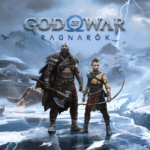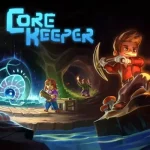Popular Now
The Alters, developed by 11 bit studios, presents a unique narrative and gameplay experiment: a lone protagonist, Jan, stranded on a distant planet, survives by creating alternate versions of himself—each spawned from different life decisions. These “Alters” aren’t NPC allies or copies; they are fractured mirrors of Jan’s identity, complete with distinct personalities, memories, and emotional baggage. The most compelling—and complicated—element of The Alters is how it handles the psychology of managing these selves, blending survival mechanics with introspective role-playing in an unprecedented way. This article will explore this central gameplay theme across ten key sections, tracking its evolution from concept to consequence.
The Genesis of Identity: Why The Alters Hinges on the Self

At its narrative core, The Alters is not about saving the world or fighting enemies. It’s about a man wrestling with his regrets and what-ifs, expressed through playable alternate selves. This mechanic doesn’t exist just to add gameplay variety—it’s there to challenge the player’s empathy and decision-making.
The Sci-Fi Premise as a Psychological Lens
Each Alter reflects a life Jan could have lived had he made different choices—becoming a scientist, a soldier, a father. These aren’t just classes; they’re character studies.
A Study in Existential Isolation
Is Jan truly alone when surrounded by versions of himself? This central question grounds the game’s psychological tension and motivates its branching relationships.
Alter Creation: A System of Choice and Consequence
Creating Alters isn't done on a whim. The process involves heavy narrative and gameplay decisions, as players must weigh the utility of each Alter against the emotional and ethical cost.
Decision Trees as Psychological Maps
The game’s interface for choosing an Alter feels like entering a mind palace. The player selects life paths, values, and skills—each linked to narrative threads.
Risking Sanity for Survival
The pressure to create an Alter for practical needs (e.g., engineering repairs) might conflict with Jan's emotional stability. Some choices come with psychological tolls.
Conflict Among Selves: When the Team is You
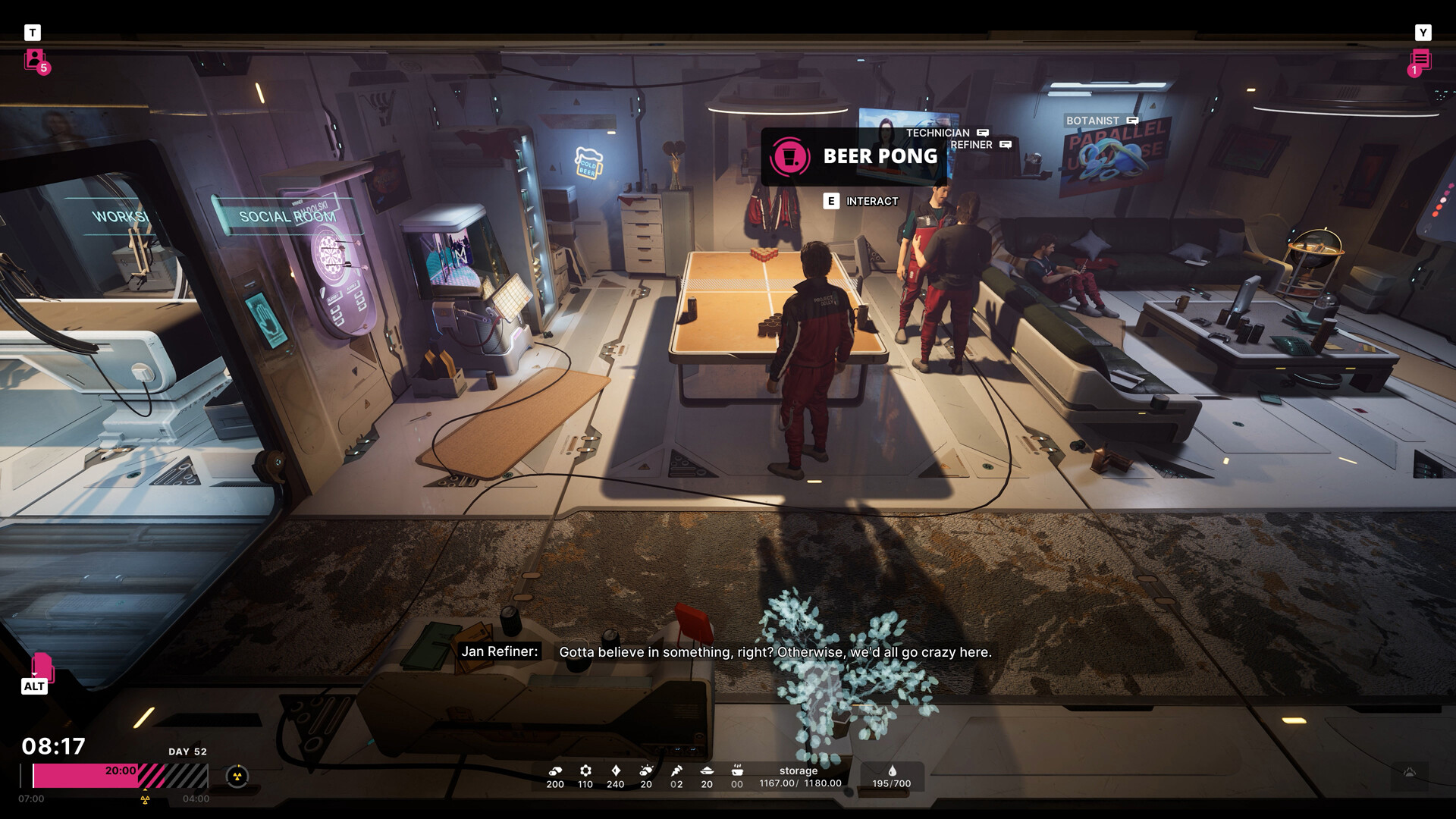
Unlike traditional co-op mechanics, the Alters aren’t guaranteed to get along. They argue, resist, sabotage, or even fall into depression—because each has their own identity.
Emergent Personality Clashes
A militaristic Alter may despise the passivity of a pacifist Jan. A grieving father may resent a Jan who never had children. These aren’t random traits—they are consequences.
Managing Interpersonal Crisis
Players must mediate disputes, choose who to side with, or intervene when one Alter becomes unstable. This forces players to navigate moral gray areas, not just systems.
The Ethics of Self-Use: Utility vs. Autonomy
Each Alter has unique skills—medics, miners, engineers—but should they be seen as tools or individuals? The game constantly challenges the player to consider this tension.
Gameplay vs. Role-Playing Dissonance
It’s tempting to use an Alter for purely functional roles, but doing so may damage their mental state or relationship with Jan. Players who treat Alters like assets pay the price.
Autonomy Mechanics
Alters can refuse orders, especially when mistreated. Trust meters and mood systems tie directly into how the player chooses to treat these “versions” of the protagonist.
Dialogues With the Self: Writing as Gameplay
The emotional crux of The Alters lies in its writing. Conversations with Alters are more than flavor—they’re gameplay events that reveal backstory, unlock decisions, and shape outcomes.
Dialogue Trees with Depth
Each conversation has layers. You may unlock new paths by acknowledging shared trauma or risk alienation by denying past regrets. Words are power—and liability.
Branching Emotional Outcomes
Unlike RPGs where dialogue often leads to combat or trade, here it leads to introspection or breakdown. An Alter might grow stronger—or more fractured—based on what’s said.
Mental Health as a Gameplay System
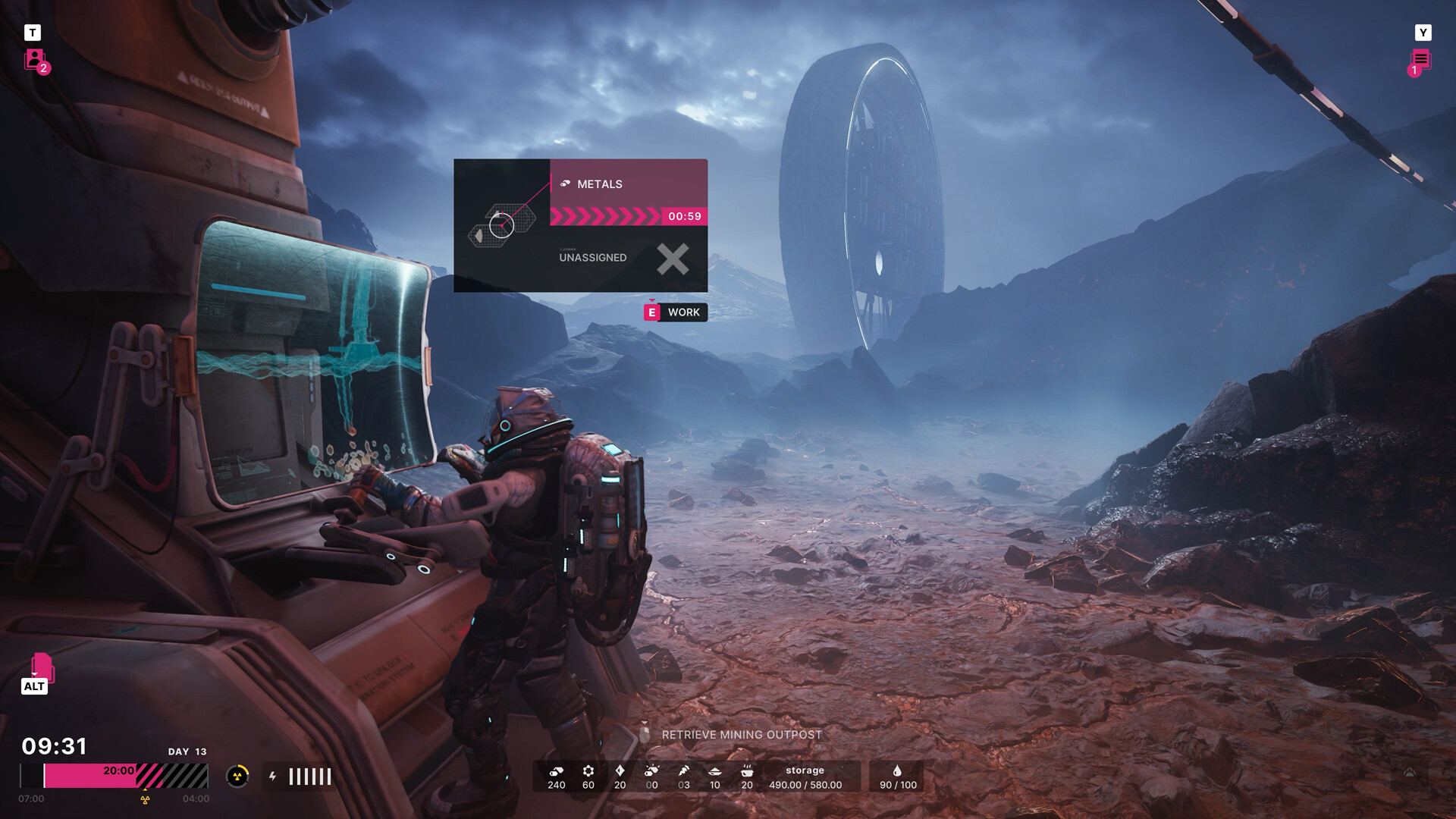
The game doesn't shy away from depicting the toll of fractured identity. Alters can suffer anxiety, depression, and paranoia. Players must manage not only physical survival, but psychological stability.
Monitoring Sanity
Each Alter has mood meters, visible through bio-monitors. Let one spiral too far, and they may withdraw, self-harm, or compromise the mission.
Remedies and Boundaries
Managing mental health isn’t about giving someone a “rest” order. Players must listen, provide safe space, or sometimes even decommission an Alter—an ethically disturbing choice.
Time Pressure and Decision Paralysis
The environment is not forgiving. A deadly solar event looms, forcing Jan and his Alters to act fast. This tension pushes the player into difficult choices under stress.
Race Against the Clock
Players have limited time to make key repairs, mine resources, and coordinate survival efforts. Each moment spent consoling an Alter is a moment not spent escaping.
Prioritization Dilemmas
Who do you help first? The Alter fixing the comms or the one breaking down emotionally? This prioritization adds moral weight to time management systems.
The Base as a Reflection of Psyche
The mobile base Jan operates isn’t just a hub—it’s a metaphor. Its compartments reflect both the function of the mission and the mental state of its inhabitants.
Environmental Storytelling
Posters, personal items, or locked doors hint at each Alter’s desires and fears. The base evolves not only physically but emotionally as players progress.
Space as Isolation
The modular base may seem expansive, but isolation pervades. Each Alter gets their own room, but it never truly feels like home. The base becomes a ship of Theseus for identity.
Endgame Identity Collapse: When Selves Diverge
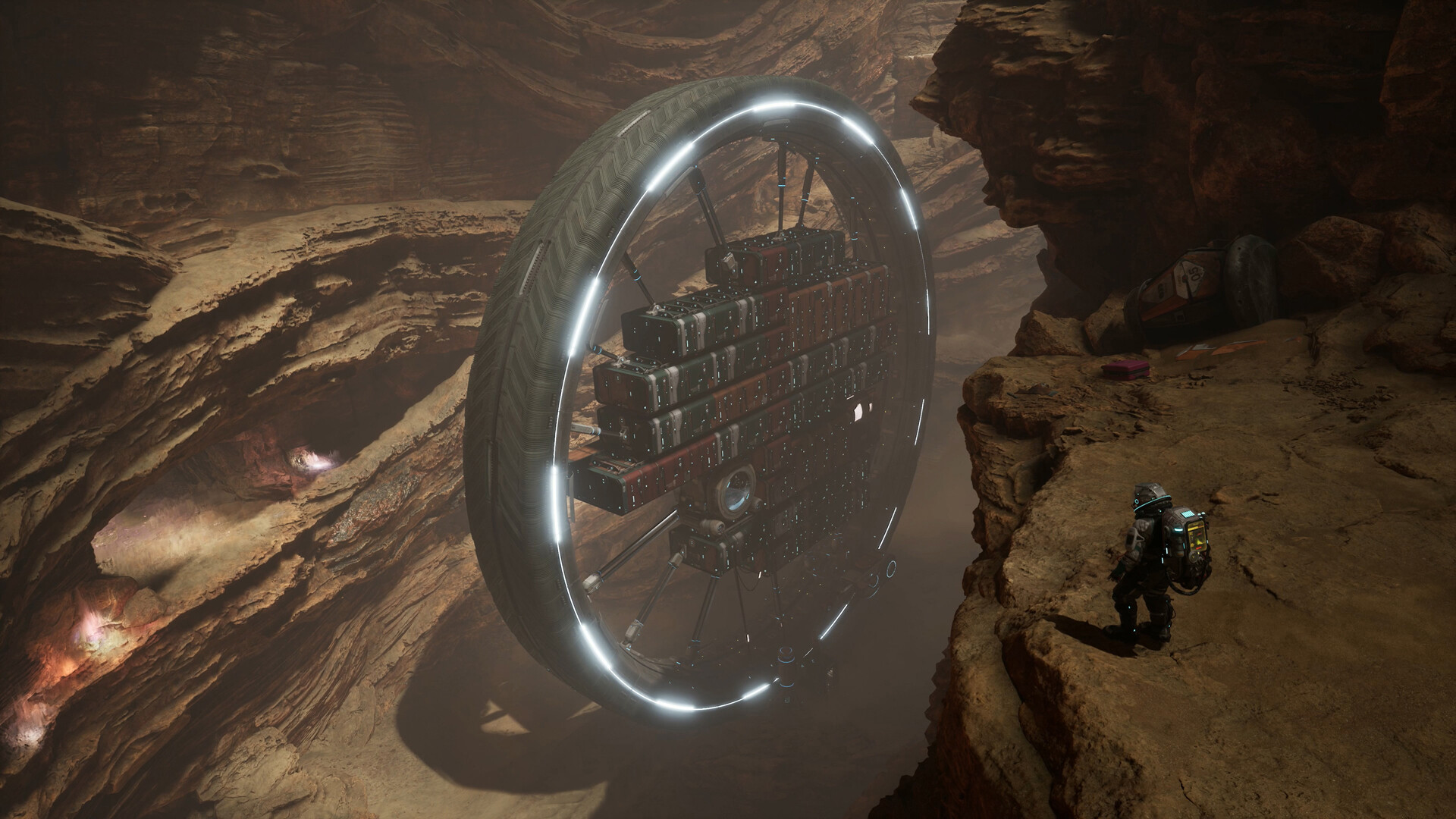
Late in the game, players may lose control over their Alters altogether. Some seek independence. Others question Jan’s leadership. A few may even rebel.
The Fragmentation Crisis
This culminates in a breakdown of cohesion. Alters may leave the group, sabotage escape plans, or attempt to overwrite Jan himself as the “prime” identity.
Narrative Forks and Finality
These moments feel earned. They are the psychological endgame, shaped by dozens of small choices, betrayals, and empathic failures along the way.
Replayability Through Psychological Paths
The Alters thrives on replayability, not through loot or maps, but through emotional permutations. Every decision, every Alter created or not, ripples across the story.
Unique Narrative Outcomes
One playthrough may end with a unified crew of cooperative selves. Another may collapse into chaos with only Jan surviving—mentally scarred and alone.
Legacy of the Self
The question the game leaves players with is not “Did I win?” but “Did I understand myself?” In a genre crowded with physical survival stories, The Alters tells one of psychological survival.
Conclusion
The Alters is less a game and more a mirror—a psychological experiment that dares to make the player question the utility and morality of their own choices. The act of surviving is never just about food or fuel. It’s about reckoning with the self: our regrets, alternate paths, and the consequences of what might have been. 11 bit studios didn’t create a protagonist with multiple personalities—they created a gameplay system in which those personalities challenge, shape, and often oppose the player’s vision. In managing these alternate selves, The Alters delivers a profound meditation on identity, one that transforms typical survival mechanics into something far more human. If other games ask "What would you do?", The Alters asks, "Who would you be?"



